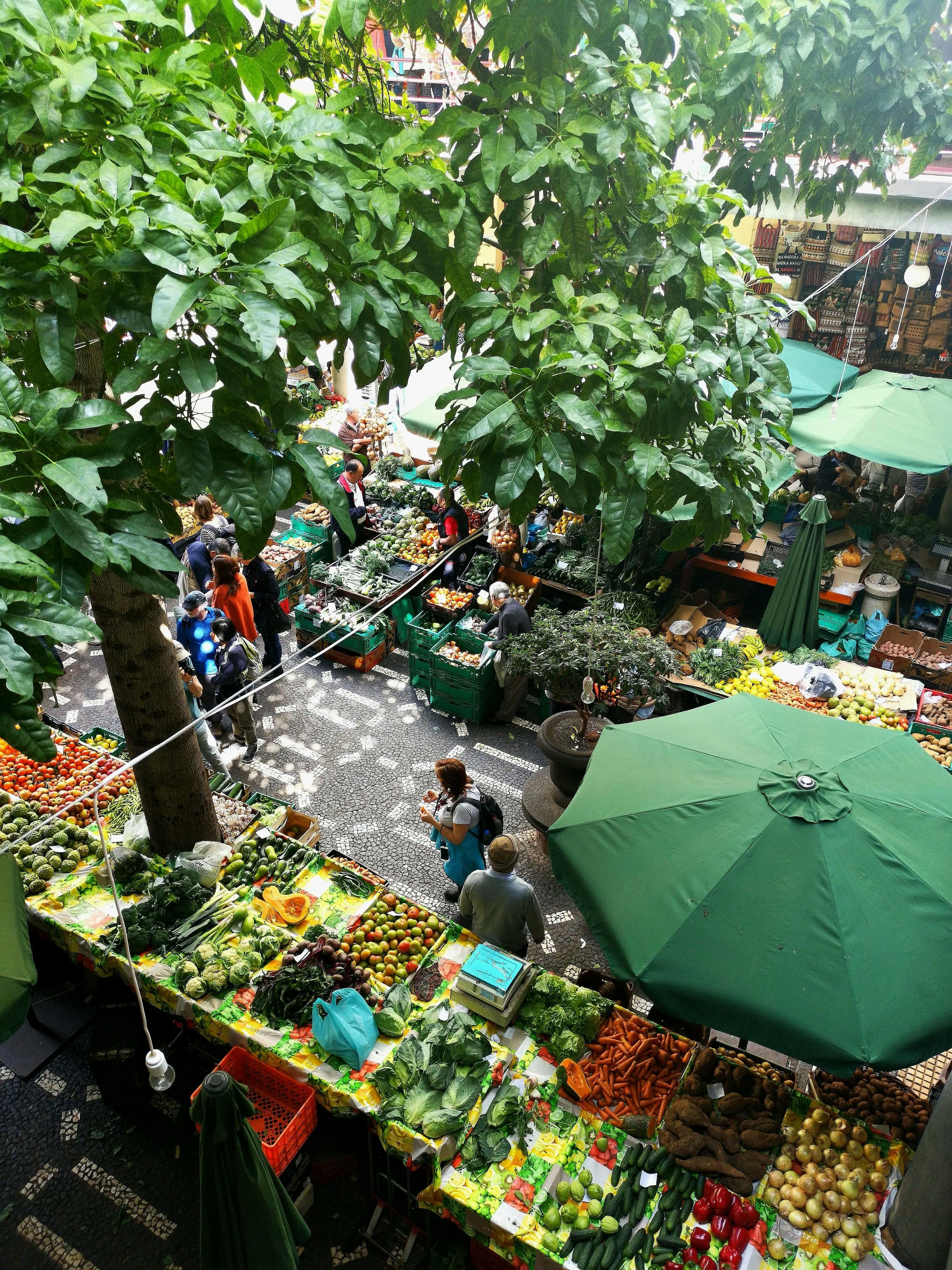Zoomers of Luxembourg will help fight climate change

The European Investment Bank's (EIB) latest annual study for 2022-2023 addressed the issue of the personal involvement of each individual in the fight against climate change. More and more people in Luxembourg and worldwide are paying attention to their own decisions that impact the global environmental picture, and the actions that can be taken right now.
What did EIB find?
Young people (under 30 years) in Luxembourg have demonstrated the most responsible attitude towards environmental protection: they support stricter measures to change the individual behavior of citizens (69% of the respondents), and they are also guided by sustainability when choosing both their food and their employers!
More than two-thirds of young workers pay attention to the employer's climatic footprint when looking for a job, and for 16% of job seekers, this is one of the most important criteria. For zoomers, who are already in full swing to enter the labor market, environmentalism, and corporate responsibility are far from empty phrases.
In general, young people tend to think that their personal decisions and actions can have an impact on the planet's climate problems — 72% of respondents under 30 believe so.
Changes have also reached the everyday habits of residents of the Grand Duchy. 77% of Luxembourg residents said they were willing to "pay a little more" for products that are made by local farmers, and thus are a greener choice: less carbon dioxide emissions from production, and transportation, as well as great support for the development of regions.
The number was much higher in the country than in neighboring France (60%) and Belgium (49%). Willingness to pay more for local environmental products is almost not correlated with income levels though, and it's a great sign.

Respondents were less enthusiastic about the initiative to reduce the use of meat and dairy products. About half of the residents of Luxembourg agree with it. In this respect, they are similar to the Belgians, while the French are more likely to change their diet for the sake of the planet. However, young people in Luxembourg are more flexible: 58% of respondents under 30 years of age believe in limiting animal products, while only 44% of those over 65 years of age do so.
Given the new statistics, the topic of supporting local producers and organic products becomes important: where to buy organic products in Luxembourg? Read about the organic markets and local farmers in our new Guide article.
How and why was this survey made?
The European global survey is the fifth in the history of the EIB. The research is part of a general program on the impact of the European Bank on environmental initiatives set for the EU and the world. More than 28,000 respondents from 30 countries took part in the study: the sociologists put a special emphasis on the age profile of the interviewees, starting from 15 years old in order to capture the younger generation and their opinions
The decade 2021-2030 is critical to address our planet's climate and environment emergency. To achieve this, trillions of investments are required. We must:
- limit global warming to 1.5°C above pre-industrial levels by the end of this century,
- adapt to the unavoidable impacts of climate change
- combat environmental degradation,
- halt biodiversity loss, and
- stop widening inequalities,
— says the EIB Group Climate Bank Roadmap website. This roadmap outlines the goals for climate investments to make Europe carbon-neutral by 2050.




